Menopause is a significant life transition that affects every woman differently. It can bring with it a range of physical, emotional, and mental changes, often leaving many women searching for answers and support. In this insightful Q&A, we sit down with renowned Menopause Wellness Advocate and Holistic Coach, Gayu Lewis, who has dedicated her career to helping women thrive during this stage of life. From managing symptoms like hot flashes and mood swings to embracing holistic wellness strategies, Gayu shares her expert advice on navigating menopause with confidence and grace. Whether you’re just beginning the journey or well into it, her wisdom offers practical tips for living your healthiest, most empowered life.
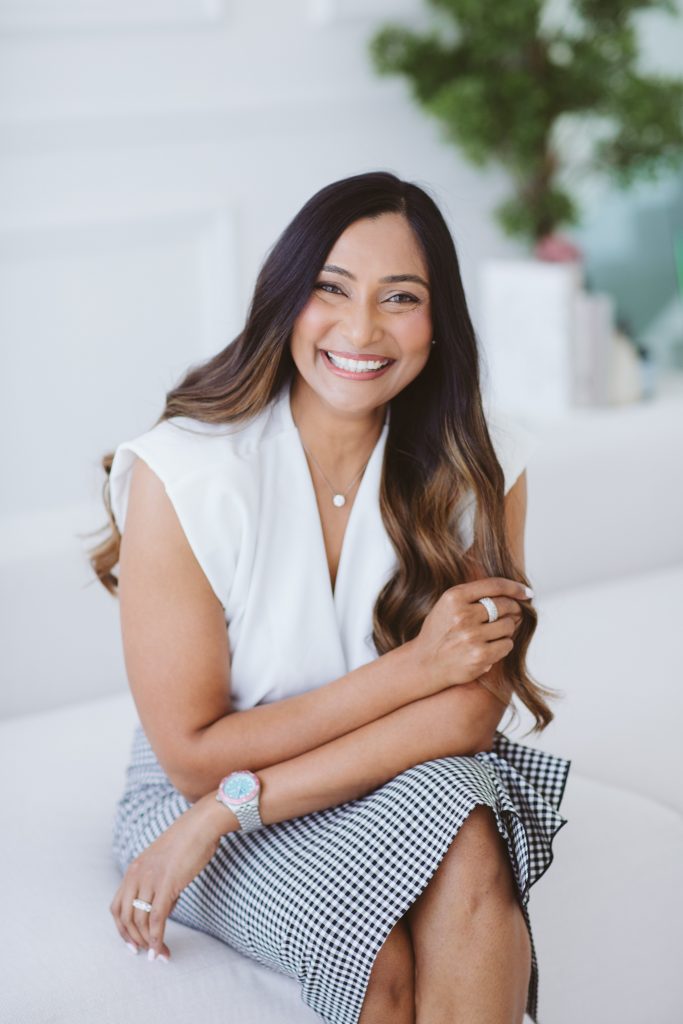
What led you to become a menopause wellness advocate and holistic coach?
During my work as a board-certified integrative nutrition health coach, I noticed that many of my clients were struggling with symptoms of perimenopause or menopause. However, their healthcare providers often didn’t recognize these symptoms or weren’t treating them effectively. This was an eye-opener for me. I realized there was a huge gap in the understanding and the information around menopause. This is when I decided to specialize in menopause wellness. My mission is to empower women to embrace menopause by helping them navigate this stage of life with confidence and the right tools to support their overall well-being.
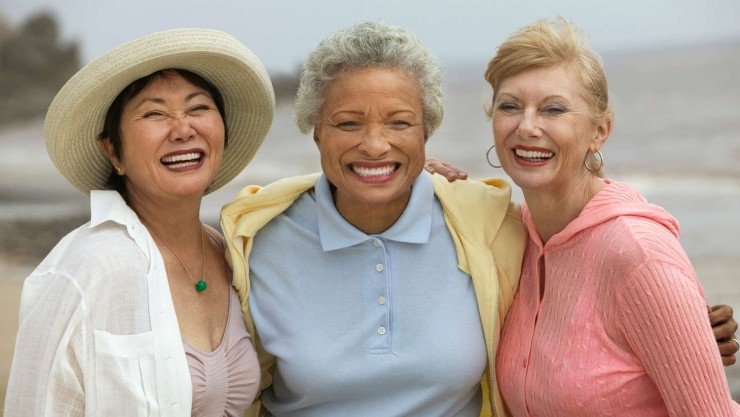
How do you define menopause wellness, and why do you believe it’s important to approach menopause from a holistic perspective?
Menopause wellness to me is all about embracing this stage of life with a positive mindset and taking care of one’s whole self—body, mind, and spirit. It isn’t just about hot flashes and night sweats. It is a full-body experience that affects emotions, energy levels, and even our sense of identity. Approaching it from a holistic perspective means looking at all aspects of one’s well-being and finding balance through natural methods, lifestyle changes and self-care practices. It is about not just treating the symptoms, but also treating the person.
What are some of the most common challenges women face during menopause, and how do you help them navigate these challenges?
Oh, where do I begin? From hot flashes to mood swings, insomnia to brain fog, menopause can throw a lot at you. Beyond these physical symptoms, many women struggle with feeling like they’re losing control or not being understood. I help women by providing them with tools and strategies to manage their symptoms naturally. It also involves offering emotional support and most importantly, creating a safe space where they feel seen and heard. Sometimes, just knowing you’re not alone can make all the difference.
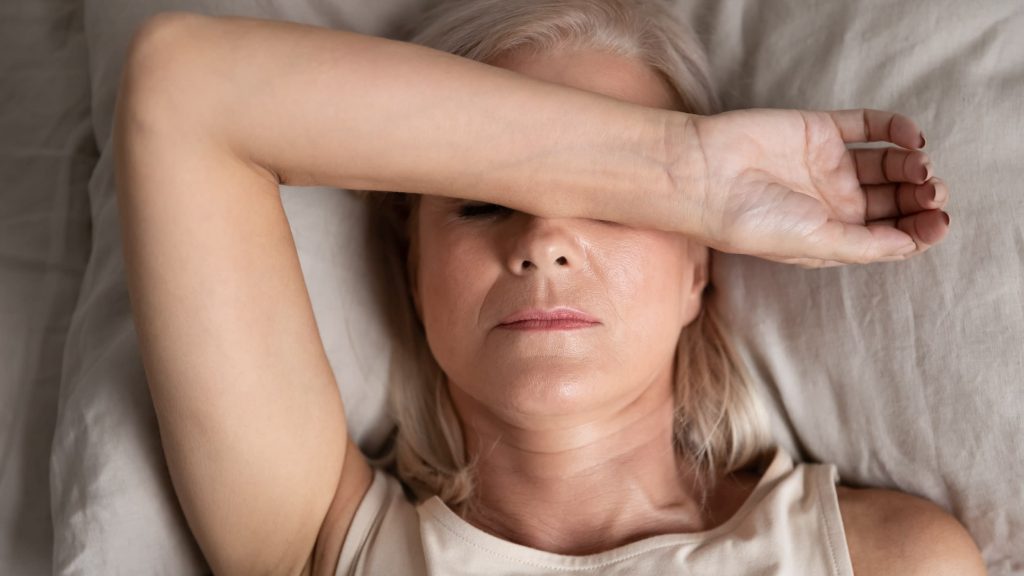
How do you differentiate between the physical and emotional aspects of menopause, and how does your approach address both?
The physical and emotional aspects of menopause are deeply intertwined, and it’s important to address both to find the right balance. Physically, we might focus on diet, exercise, and natural remedies to alleviate symptoms whereas emotionally, it’s about understanding the changes, addressing feelings of anxiety or sadness, and finding ways to stay positive and connected. My approach is all about blending them by using holistic practices to support the body while nurturing the mind and spirit.
What role does diet and nutrition play in managing menopause symptoms, and are there specific foods or supplements you recommend?
As an award-winning chef, I am extremely passionate about food and truly believe in the power of eating well to combat any disease. The same goes for menopause. Diet and nutrition are crucial in managing menopause symptoms. What we eat has a direct impact on our body and mind. A balanced diet rich in whole foods, like fruits, vegetables, lean proteins, and healthy fats, can help regulate hormones, boost energy levels, and improve mood. I often recommend foods high in phytoestrogens, like flaxseeds and soy, which help balance hormones naturally. Supplements like omega-3s, magnesium, and B vitamins can also be beneficial. It’s all about nourishing your body with the right foods to help you feel your best during this phase of life.
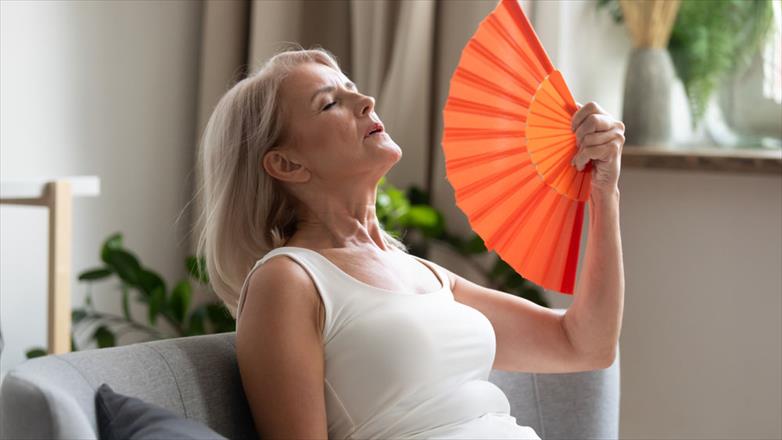
Can you share some holistic practices or techniques that you’ve found particularly effective in alleviating menopause symptoms?
Absolutely! I’ve found several holistic practices to be incredibly effective in alleviating menopause symptoms. Essential oils, for example, can be a game-changer. Scents like lavender and peppermint can help with stress relief and hot flashes, while chamomile can promote relaxation and better sleep. Hence, I curated The F Therapy, a line of aromatherapy products designed specifically for menopausal women. These products are crafted to address common symptoms and support overall well-being through carefully selected essential oils and natural ingredients. Additionally, practices like yoga, mindfulness meditation, and herbal teas can be very soothing. It’s all about finding what works best for you and integrating these practices into your daily routine to enhance your quality of life during menopause.
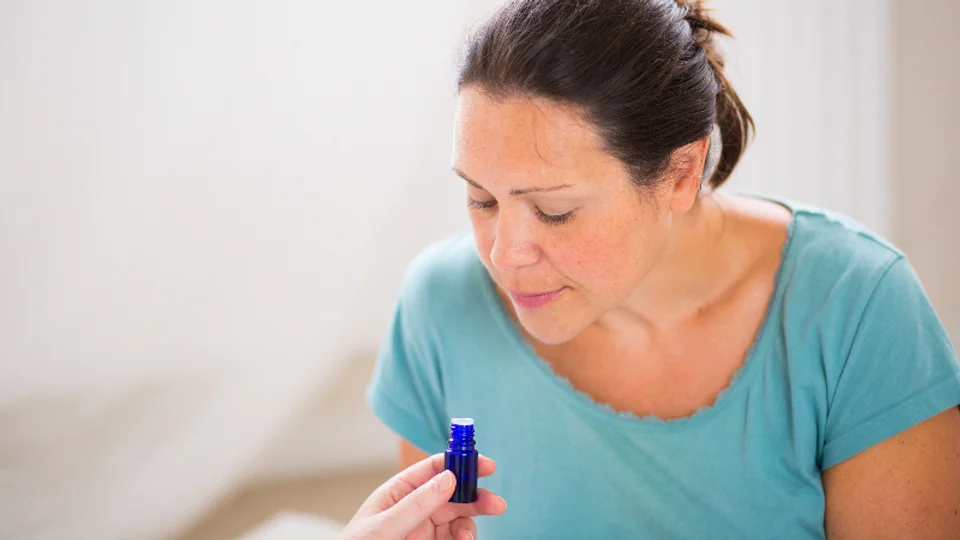
How do you empower women to embrace this stage of life rather than fear it?
I believe in flipping the narrative around menopause. Instead of seeing it as an end, I encourage women to see it as a new beginning—a time for self-discovery, growth, and empowerment. I remind them that they’ve got decades of wisdom and experience behind them, and this is their time to shine. Through education, support and a positive outlook, I help women see menopause as an opportunity to reinvent themselves and live life on their terms.
What are some myths or misconceptions about menopause that you frequently encounter, and how do you address them?
A common misconception is that many women think they enter menopause only when their periods stop. In reality, menopause itself is a single day that marks 12 months without a menstrual period. The larger and more significant phase is perimenopause, where the hormonal changes occur, beginning potentially as early as 38 years old. I counter these myths by educating women on recognizing the early signs of hormonal changes. Emphasizing that lifestyle changes must be implemented from as early as 38 years onwards can help ensure a smoother transition into the menopause phase.
Can you talk about the importance of community and support systems for women going through menopause?
Community and support systems are crucial for women going through menopause. It’s not just about finding peers experiencing the same changes but also involves family support, particularly from husbands, and workplace support from bosses. Recognizing this, I’ve expanded my coaching to include men, educating them on what menopause is and how they can support their wives or female colleagues effectively. This helps create a more understanding and supportive environment at home and in the workplace. Having a strong support system can make a world of difference in how women experience and manage menopause, making the journey less isolating and more empowered.
What future trends or developments in menopause wellness are you most excited about?
One is the integration of menopause wellness into the Diversity, Equity, and Inclusion (DEI) policies of global organizations. Progressive companies recognize the importance of including menopause wellness as a critical aspect of their comprehensive women’s wellness initiatives. This addresses the unique health needs of women during different life stages and promotes a more inclusive and supportive workplace environment. It is commendable that menopause is gaining recognition under DEI agendas, and I believe it’s essential for regions like the UAE to adopt similar practices. By embedding menopause wellness into DEI strategies, organizations can ensure equitable support for all employees, enhancing workplace health, morale, and productivity on a broader scale.
What advice would you give to women who are just beginning their menopause journey?
First and foremost, be kind to yourself. Menopause is a natural part of life, and it’s okay to feel a bit out of sorts at times. Educate yourself about what’s happening in your body, find a support system, and don’t be afraid to ask for help if needed. Remember, you’re not alone in this. Embrace the journey, and listen to your body. Know that you have the power to make this a positive and empowering chapter in your life.
Gayu Lewis is a licensed menopause coach, board-certified integrative nutrition health coach, and naturopathic practitioner. She founded The F Coach, where she emphasizes a holistic philosophy centered around key “F” words including Family, Food, Fitness, Fun, Friends, Faith, Focus, Future, Finance, and Female. Through personalized coaching, corporate training, and a range of wellness products under her brand The F Therapy, Gayu offers comprehensive support to women experiencing menopause.
Gayu’s work extends beyond individual coaching. She provides menopause awareness training to corporate clients, helping organizations create inclusive workplaces that understand and support the unique needs of menopausal women. Gayu engages with a broader audience through her bi-weekly blog and podcast.
For more information about Gayu Lewis and her services, please visit www.gayulewis.com
